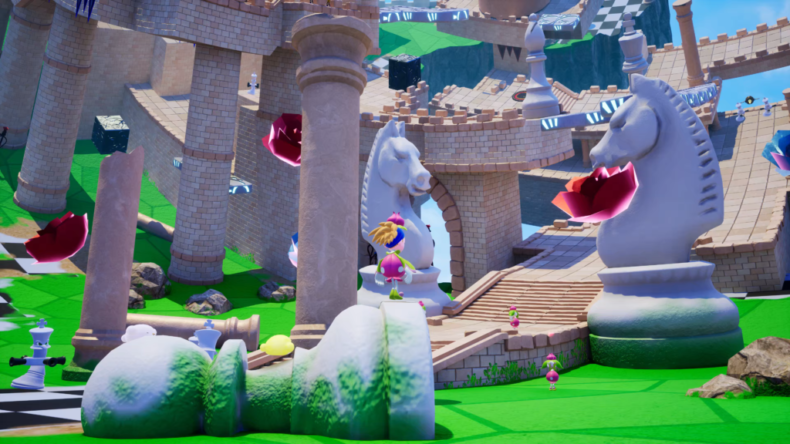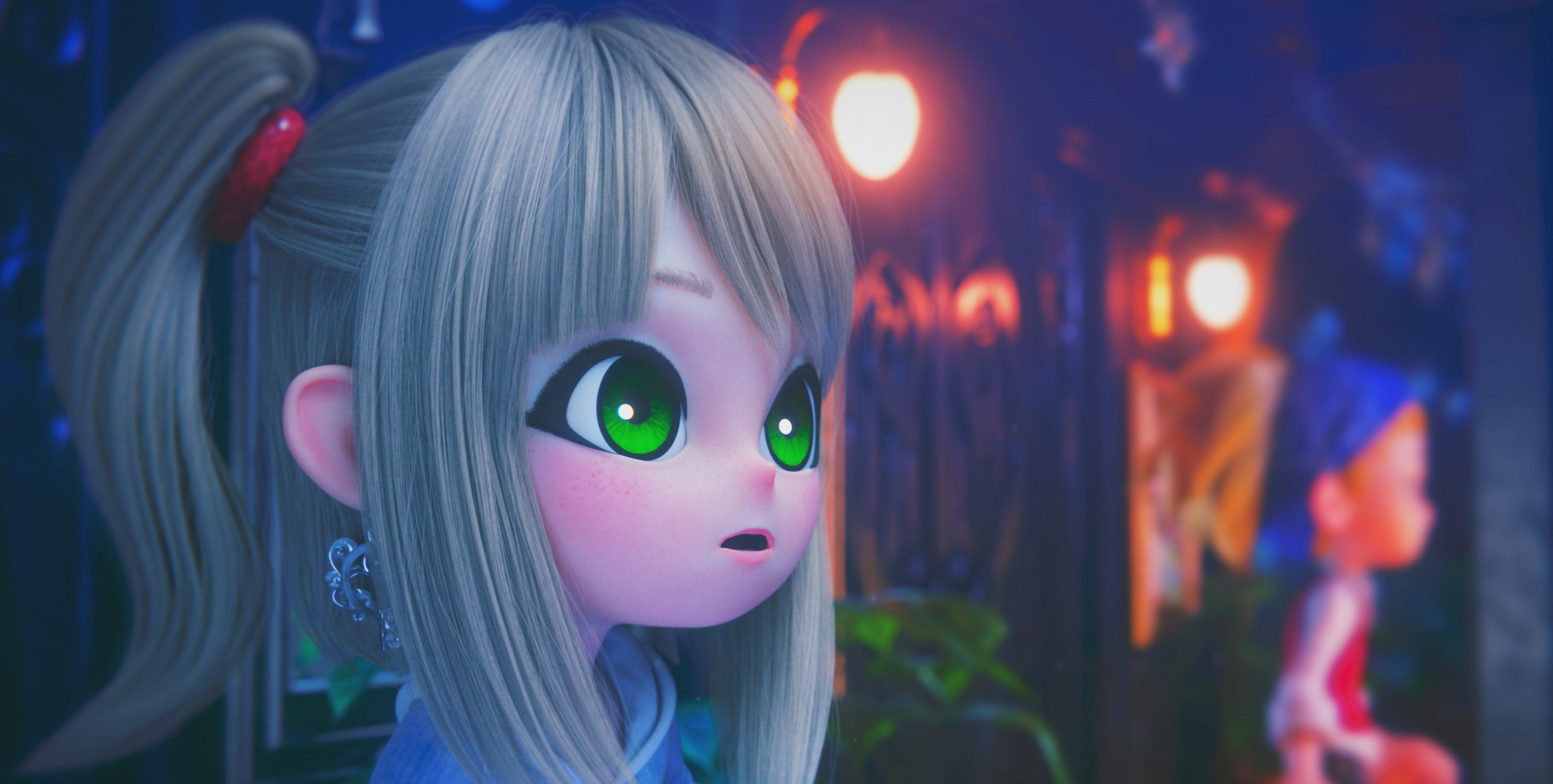
It’s nearly incomprehensible at points, with cutscenes loosely related to the worlds you’ve completed, though the most interesting aspects are the impossible-to-hate showtune-like musical numbers that come after you beat a boss. The opening cutscene portrays your character getting laughed off a basketball court and taken in by a mysterious man in a big top hat, and you’re then transported into this unexplained new world. They don’t always push the limits of the hardware, but the art style is easy enough on the eyes.

While they’re diverse in design, they all maintain the same cheerfulness, with consistently bright colors and dancing NPCs. There are twelve cabaret-inspired chapters, each of which contains two stages, a boss, and a third stage unlocked after you complete everything once through. The platforming isn’t as tight or precise as many modern peers of the genre, but if you can tame the often-unpredictable camera, it’s inoffensive enough on its own."Įverything you do in Balan Wonderworld is contextualized with a cheerful story about overcoming inner demons. "In most instances, Balan Wonderworld plays it straight as a 3D platformer challenging you to use the different abilities of the playable character to collect various items hidden around each level and defeat bosses to progress. The platforming isn’t as tight or precise as many modern peers of the genre, but if you can tame the often-unpredictable camera, it’s inoffensive enough on its own. In most instances, Wonderworld plays it straight as a 3D platformer challenging you to use the different abilities of the playable character to collect various items hidden around each level and defeat bosses to progress. Even though it comes from the creator of Sonic, it takes the clearest inspiration from many recent 3D Mario games, most evidently Super Mario Odyssey, and the comparisons are as unflattering as they are inevitable. Immediate comparisons don’t flatter Balan Wonderworld. Its lack of continuity and failed attempts to create a multifaceted experience means that its appeal is far wider than it is deep, and it tries to juggle too many unrelated pieces to ever really find its footing. While the aspects of the game you’d expect to amplify the experience are there in pieces, Balan Wonderworld instead fails on a larger front to create an engaging long-term gameplay loop.

On paper, and even in the run up to its release, it seemed like there are a lot of things about it that should give it a jolt of enjoyability, catharsis, and nostalgia for a long history of costume-based platformers, especially as it’s helmed by Yuji Naka, one of the original creators of Sonic.

Playing Balan Wonderworld is a lot less entertaining than it should be.


 0 kommentar(er)
0 kommentar(er)
